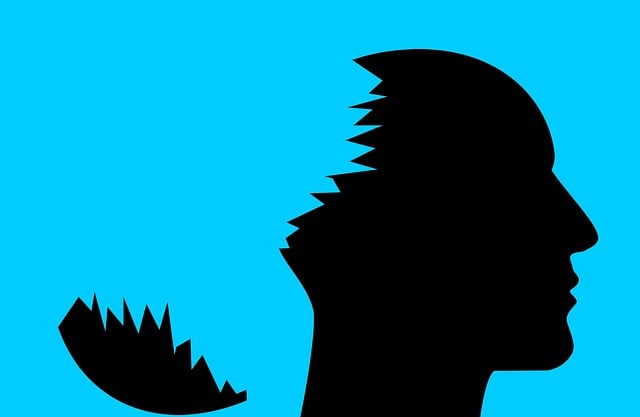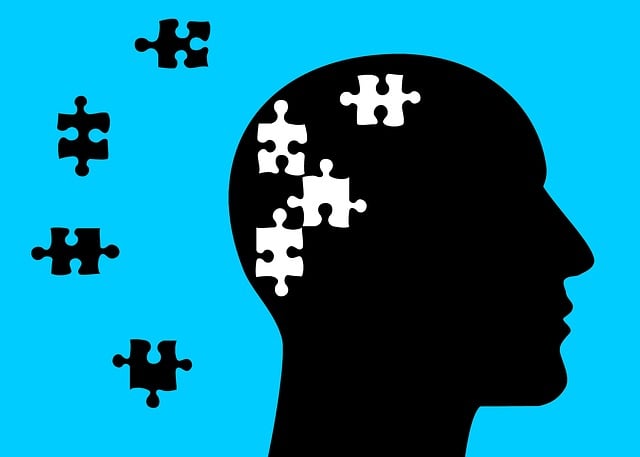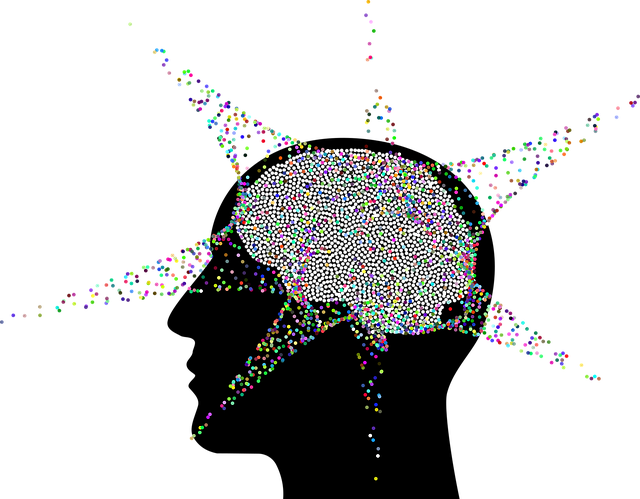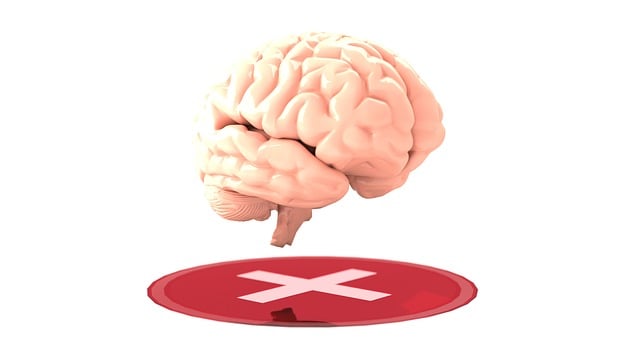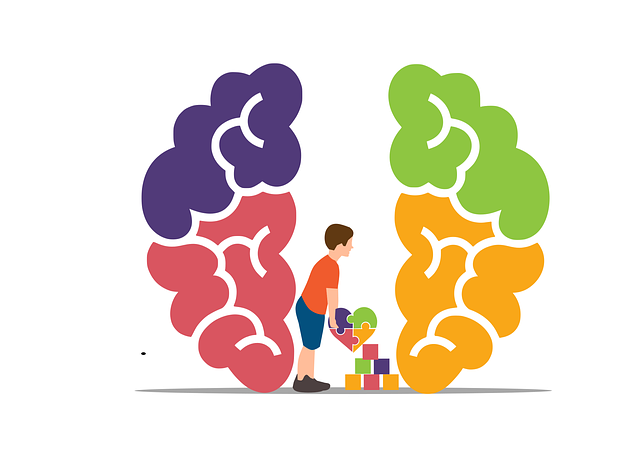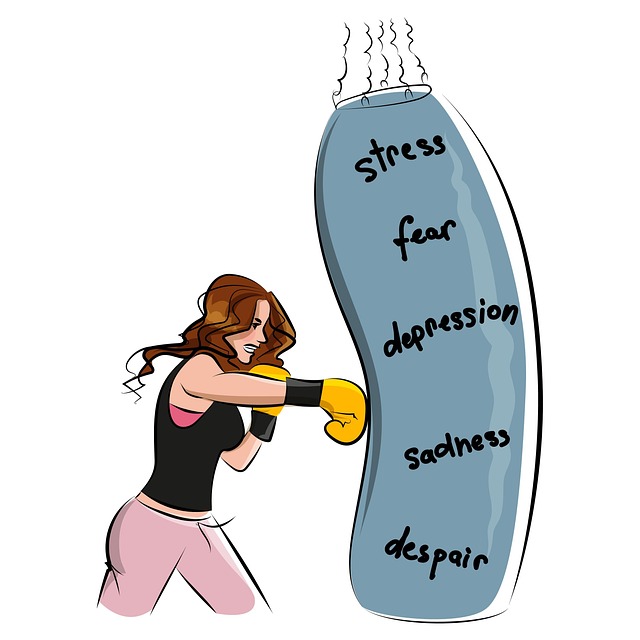Stress management is crucial for young children as they often face unique challenges that can lead to long-term issues. Workshops using therapeutic techniques like EMDR (Eye Movement Desensitization and Reprocessing) effectively treat trauma and anxiety in kids. These sessions teach emotional healing processes, empowering children with coping skills for stress management. Tailored activities including guided meditations, storytelling, art therapies, and interactive games create a safe environment to process anxiety and past traumas, enhancing mental health awareness. Skilled facilitators leading these workshops foster emotional resilience and provide practical tools for crisis intervention, respecting diverse cultural perspectives.
Stress management workshops play a crucial role in empowering young minds. This article explores effective strategies for organizing such programs, focusing on EMDR (Eye Movement Desensitization and Reprocessing) therapy—a proven treatment for trauma and stress in children. We delve into understanding child stress, its impact, and how interactive workshop content can be designed. Additionally, we provide insights into facilitating participants’ journeys, ensuring a supportive environment for implementing EMDR techniques tailored to young learners.
- Understanding Children's Stress and its Impact
- EMDR Therapy: A Powerful Tool for Young Minds
- Designing Interactive Workshop Content
- Facilitating and Supporting Participants in Their Journey
Understanding Children's Stress and its Impact

Stress is not exclusive to adults; children also experience it, often responding differently than their older counterparts. It’s crucial to understand that young minds and bodies are still developing emotional regulation skills, making them more susceptible to the long-term effects of chronic stress. This can manifest in various ways, from behavioral changes to academic performance issues and even physical health problems.
Workshops focused on stress management for children often integrate therapeutic approaches like EMDR (Eye Movement Desensitization and Reprocessing) which has proven effective in treating trauma and anxiety in young individuals. Through interactive and engaging activities, these sessions aim to teach emotional healing processes, equipping children with tools to manage their stress levels and promoting their overall mental wellness, as highlighted in our popular Mental Wellness Podcast Series Production.
EMDR Therapy: A Powerful Tool for Young Minds

EMDR Therapy, short for Eye Movement Desensitization and Reprocessing, is a groundbreaking approach that has proven incredibly effective in helping young minds overcome traumatic experiences. This therapy uses bilateral stimulation, often through side-to-side eye movements or tactile gestures, while patients recall distressing events. The process helps desensitize individuals to these memories, reducing the intensity of associated emotions and flashbacks. As a result, it offers a powerful tool for anxiety relief in children who have experienced trauma.
By facilitating the brain’s natural healing process, EMDR allows young clients to develop coping skills essential for managing emotional challenges. This therapy is particularly valuable as it goes beyond traditional talk therapy by addressing the underlying neural networks associated with traumatic memories. As such, it contributes significantly to mental illness stigma reduction efforts by providing an innovative and effective solution for children struggling with anxiety and related issues stemming from past traumas.
Designing Interactive Workshop Content

When designing interactive workshop content for stress management, it’s crucial to tailor activities that resonate with the audience, especially when focusing on therapy for young children and incorporating techniques like EMDR (Eye Movement Desensitization and Reprocessing). Engaging exercises such as guided meditations, age-appropriate storytelling, and art therapies can effectively teach kids coping mechanisms while fostering mental health education programs design. These methods not only enhance their understanding of stress but also provide trauma support services, helping them navigate emotional challenges.
The content should be designed to create a safe and supportive environment, encouraging participants to share their experiences. Incorporating role-playing scenarios and interactive games that simulate real-life stressors can help children process and manage anxiety. By integrating evidence-based practices like EMDR, the workshops can facilitate healing from past traumas, making them more resilient in handling present-day stress. This holistic approach ensures that each session not only equips kids with practical tools for stress management but also deepens their mental health awareness.
Facilitating and Supporting Participants in Their Journey

Effective stress management workshops are designed to facilitate and support participants throughout their journey towards better mental health. Facilitators play a crucial role in guiding individuals, especially young children, through techniques such as EMDR (Eye Movement Desensitization and Reprocessing), which has proven therapeutic effects. By providing a safe and culturally sensitive space, facilitators enable participants to process traumatic experiences and enhance their emotional resilience.
The workshops also offer crisis intervention guidance, ensuring that attendees gain practical tools to manage acute stress levels. Moreover, incorporating cultural sensitivity in mental healthcare practice ensures that diverse perspectives are respected and incorporated into the therapeutic process. This inclusive approach not only boosts the effectiveness of the workshop but also fosters a sense of belonging among participants, encouraging them to embrace new strategies for coping with stress while building confidence in their ability to navigate life’s challenges.
Stress management workshops tailored for children offer a unique and powerful approach to supporting young minds. By combining techniques like EMDR therapy, which has proven effective as a therapy for young children, with interactive activities, these sessions create a safe space for participants to process and manage stress. The facilitators play a vital role in guiding and empowering kids through their emotional journeys, ensuring they gain valuable tools to cope with life’s challenges. With a well-designed curriculum and empathetic guidance, these workshops have the potential to revolutionize how we support children’s mental health.
